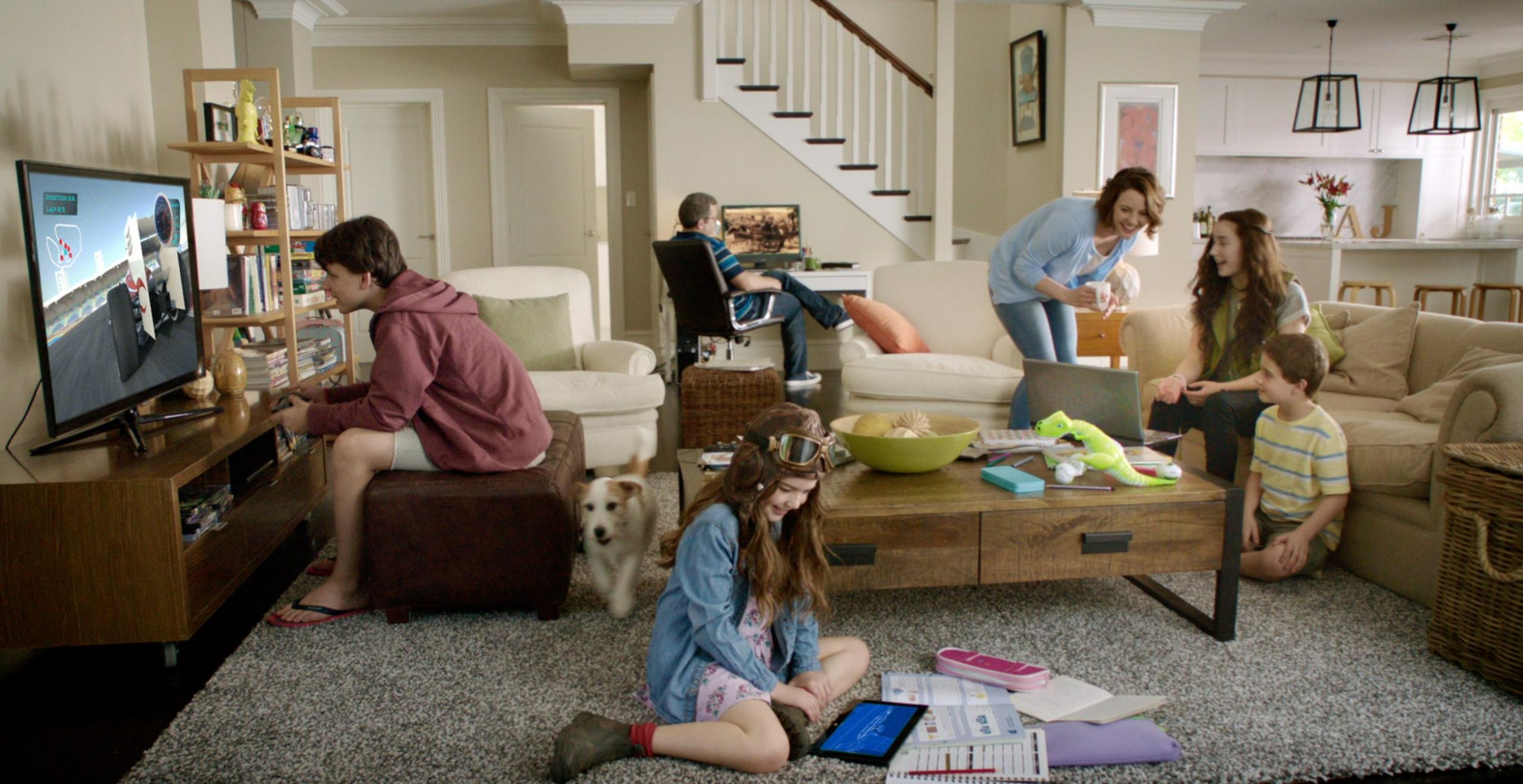
Concurrency: A trend that’s here to stay
Concurrency is an upcoming trend in online behaviour – but what does it mean to use the internet concurrently?

The term concurrency refers to a set of activities that happen simultaneously or side by side.
In the context of Internet usage, concurrency means multiple internet-enabled devices operating at the same time and potentially interacting with each other.
The changing face of Australian households
The recent explosion of connected devices, specifically in the home, is changing how we access and consume data within our households.
Along with the standard connected devices like laptops and computers, mobile phones and tablets are a huge driver for simultaneous Internet use.
Where families once had a single computer or laptop connected to the Internet, each member of a household could now potentially have three or four connected devices in their pockets alone!
In fact, a new research study by Telsyte, commissioned by nbn, shows the average Australian home currently has nine connected devices, with the number set to more than triple to 29 devices by 2020.
Connected homes
It's not just mobile devices that have added to our concurrent lifestyles. More and more everyday devices in the household are becoming “smart” or Internet connected, where the term “smart” refers to their ability to connect and interact with other devices and people.
Known as the Internet of Things (IoT), the phenomenon refers to everyday appliances - whether in the household or elsewhere - that can connect to the Internet to send and receive data. Examples of such devices in the household include:
- Smart TVs
- Gaming consoles
- VoiP phones
- Alarm systems
- Sound systems
- Appliances like refrigerators , kettles or toasters
The new addition of these connected devices has changed the landscape of the ordinary home.

Source: Internet Uninterrupted: Australian Households of the Connected Future, a Telsyte research paper commissioned by nbn (2015)
Where in the past, connectivity might have meant one person online at any given time, concurrent Internet use has meant that that while one family member may be online for school work, another may be Skype-calling a relative, while another streams a TV service or plays a video game online.
The future of concurrency
Manufacturers are now toying with the concept of smart appliances that can communicate with each other on your network.
For example, we are not far from a future where all of your appliances will be able to connect with the GPS on your smartphone and automatically shut off when you leave the house and turn back on once you get back within range.
We’ll find that as our households become more connected, the existing broadband network might not be sufficient, particularly as we attempt to connect numerous devices concurrently.
A fast broadband network will ensure Australia is ready for the next generation of connected homes.
Check your address to see if you can connect to the nbn™ network.
